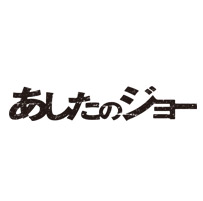Composition and inspiration
The song is a multi-sectioned composition, featuring piano, synths and later a rock arrangement featuring drums and bass. The song begins with a piano solo, which leads into a section featuring Utada's vocals and atmospheric background synths. Background vocals and a bass line are later added in this section. For the first chorus, these instruments cut out, and the arrangement is replaced with a rock sound. The rock sound persists until the end of the song, with occasional verse sections featuring background vocals, atmospheric sounds and piano.
The lyrics of the song are self-reflective, with the protagonist of the song making statements about their own flaws, such letting their lack of confidence get the best of them, endless anxiety, and weakness, however says that these are not things they are embarrassed about. Several images in the verses are created, such as slowly sinking to the bottom of a lake, chasing two rabbits but catching only one, and a purple traffic light stopping their thoughts. The song later tells people to scream, find the source of pain and to forget theories; and that it "is good if we all carry deep darkness." The song finishes with several aphoristic statements, such as "If you climb a mountain, you must go down," "no matter what kind of deep love you have, it is imperfect." The song ends with a plea to recognise yourself and your own courage. [2]
"Show Me Love (Not a Dream)" was inspired by the feelings Utada felt while making their decision to go on hiatus. [3]
This page is based on this
Wikipedia article Text is available under the
CC BY-SA 4.0 license; additional terms may apply.
Images, videos and audio are available under their respective licenses.
